Godiego
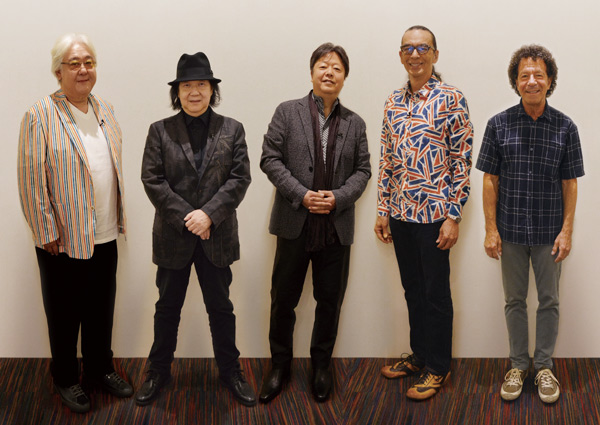
1976: Debut.
1985: Titled "Intermission" and went on hiatus.
1999: Reunited for a limited time.
2006: Restarted.
In April 1976, Godaigo debuted with their first single, "Salad Girl" (a commercial song for Kanebo Cosmetics). The term "commercial tie-up song" is used today as a matter of course, but in 1976, it was unusual for a rock group to work on a commercial song in the music industry. Godaigo's activities, such as commercial tie-ups, theme songs for TV dramas, and movie soundtracks, were unthinkable for an existing rock group. This production method is now the norm and is one of the reasons why Godaigo is highly regarded for its foresight and high-quality musicianship.
The album "Dead End" was released in November 1977. This concept album expresses the chaotic and cul-de-sac-like social situation throughout the album. This work showed Godaigo's basic production stance of actively adopting new sounds, such as the guitar synthesizer use. WATERMARGIN," the theme song for the TV drama "Suikoden," aired on the BBC in the U.K. around this time, became the first Japanese group to reach No. 37 in the U.K. charts.
The album "CM Song Graffiti" (January 1978) is a compilation of CM songs released up to that point. The production of GODIEGO's works was based on English lyrics by Yoko Narahashi and composition by Yukihide Takekawa, and the Japanese lyrics were translated from the original English.
In July of the same year, he was in charge of the soundtrack for Sanrio Film's "The Tale of the Foxes. In addition, NTV's 25th anniversary TV drama "Saiyuki" (starring Masaaki Sakai, Masako Natsume, Toshiyuki Nishida, etc.) used Godaigo's works throughout the drama. The album "Saiyuki" is an original album by Godaigo, but it also has a soundtrack character. The ending theme song "Gandara" was a big hit, and the album also reached No. 1 on the Oricon charts. The theme song for the drama, "Monkey Magic," also had English lyrics, but continued to be a hit, competing with "Gandara" for No. 1 on singing shows.
In January 1979, "Beautiful Name" was selected to be aired on NHK TV for one year as the campaign song for the International Year of the Child, and in March 1979, the group began its "Celebration Tour," which took them to 43 locations throughout Japan. In May of the same year, "Happiness," a commercial song for Suntory Beer, was released (won the ACC Award).
In July, the theme song for "Galaxy Express 999," a popular anime written by Leiji Matsumoto, was released. In the fall of the same year, "Holy & Bright" was released, which became the ending theme song for the TV drama "Saiyuki" Part II. He also worked as a radio personality on the radio shows "Godaigo Land" and "Abudakadabra. In the same year, he released the album "OURDECADE" with the theme of the 1970s itself. At the end of the year, Godaigo performed a solo concert at the Budokan and appeared on NHK's "Kohaku Uta Gassen" (Red and White Singing Contest) and was a central figure at the end of the 1970s.
In the 1980s, Godaigo expanded its activities overseas. They were selected to appear in a TV special by Asahi Broadcasting Corporation, "Black Sun of Africa," and held a concert in front of 60,000 people at the Royal Stadium in Kathmandu, Nepal, on February 7.
He also released "Portopia" for Kobe's international exposition "Portopia '81," scheduled to be held in 1981. He campaigned for Portopia throughout the year, performing live at Portopia and singing "Portopia" on TV programs, and in October, he appeared in Los Angeles for the "Street Scene" event at the Civic Theater to commemorate the city's bicentennial. Shortly after returning to Japan, he performed at the 1st China-Japan Friendship Music Festival held in Tianjin, China October 22 and 23, where he released his new song "Promise in Tianjin. It was his first rock concert in China. This concert was recorded in the book "China Hou Daigou.
In February 1981, they performed at the Pope's welcome concert and released the album "M.O.R." in September.
In June 1982, the album "CM Song Graffiti Vol. 2" was released.
In 1984, the albums "Flower, "Heiwa Kumikyoku, and "Onedimensionman" were released.
In 1985, the band embarked on its final tour, ending with a live performance at the Tokyo Koseinenkin Kaikan on April 21.
WORK
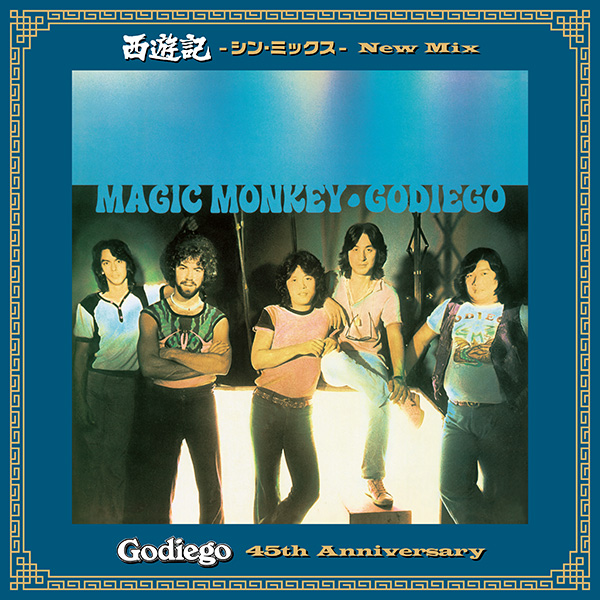 西遊記 ~シン・ミックス~
西遊記 ~シン・ミックス~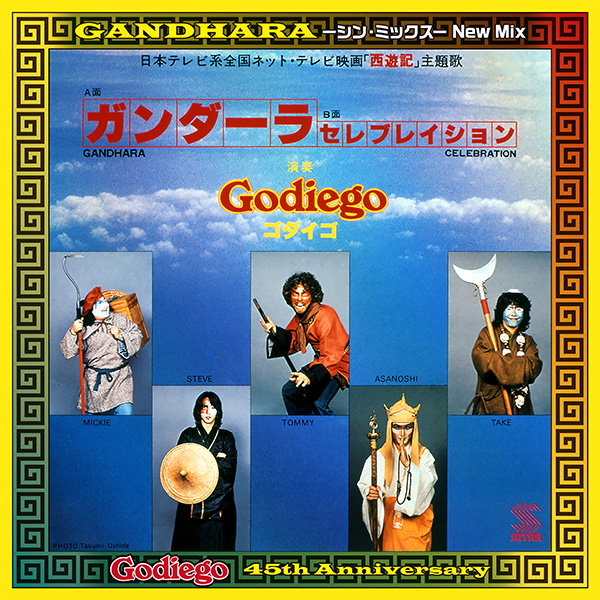 ガンダーラ ~シン・ミックス~
ガンダーラ ~シン・ミックス~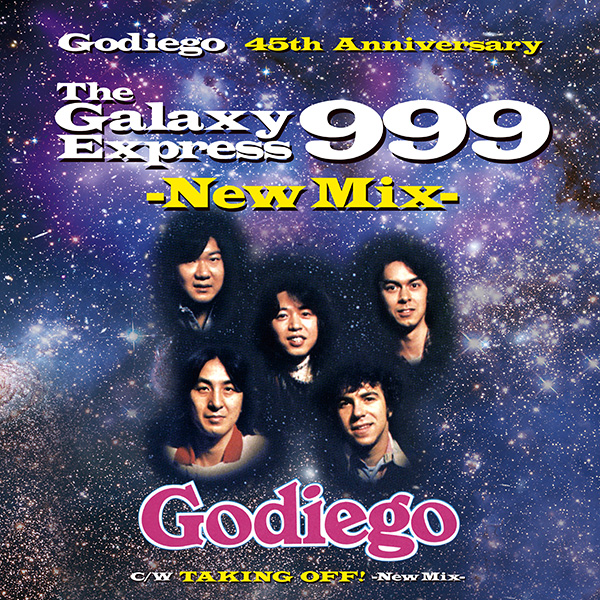 銀河鉄道999 ~シン・ミックス~
銀河鉄道999 ~シン・ミックス~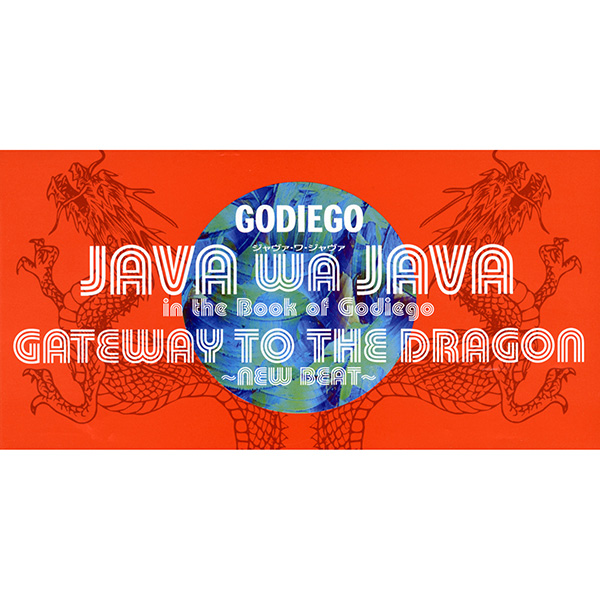 JAVA WA JAVA in the Book of Godiego
JAVA WA JAVA in the Book of Godiego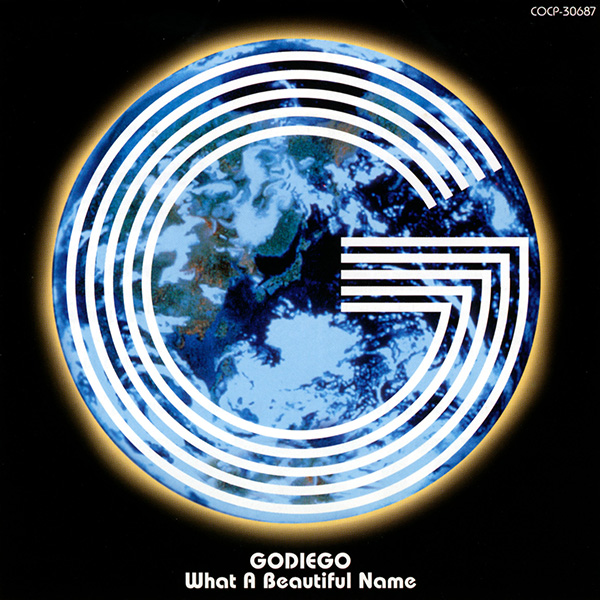 What A Beautiful Name
What A Beautiful Name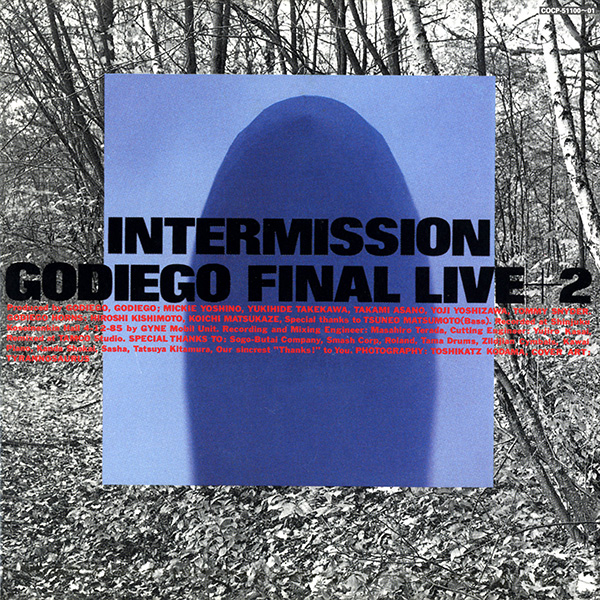 INTERMISSION/GODIEGO FINAL LIVE +2
INTERMISSION/GODIEGO FINAL LIVE +2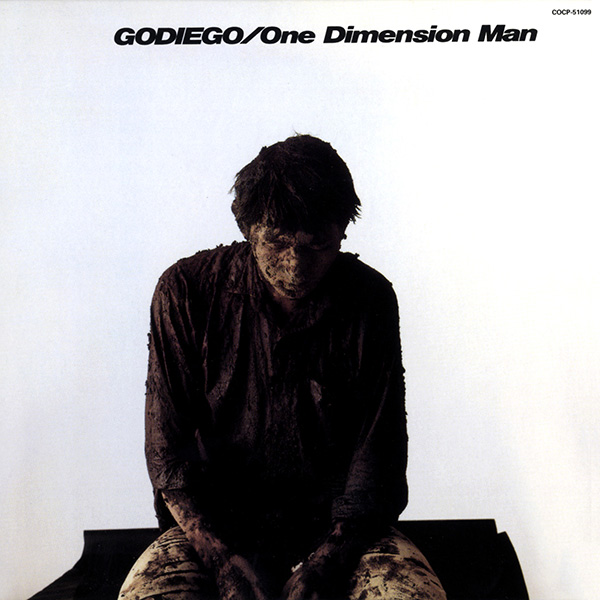 ONE DIMENSION MAN
ONE DIMENSION MAN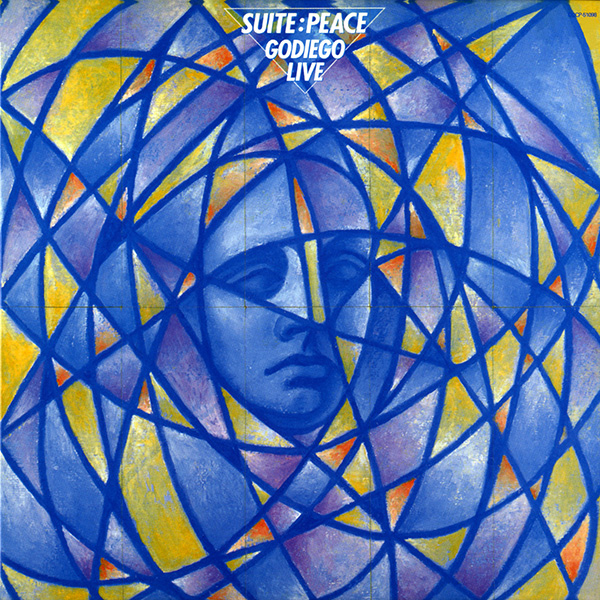 平和組曲/ゴダイゴ・ライヴ
平和組曲/ゴダイゴ・ライヴ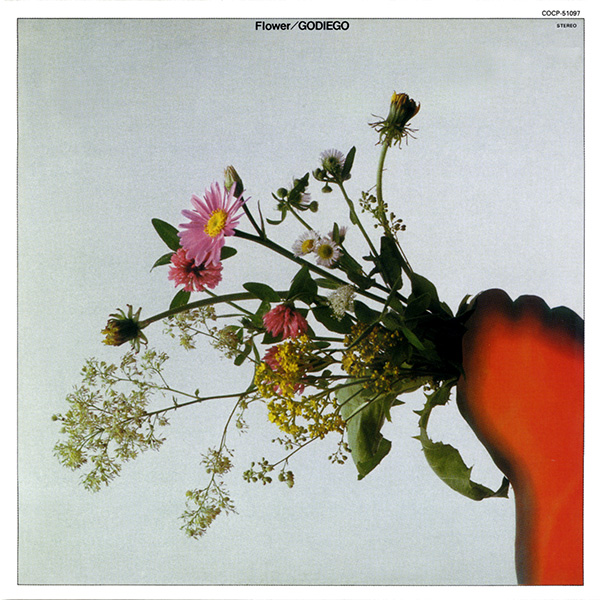 Flower
Flower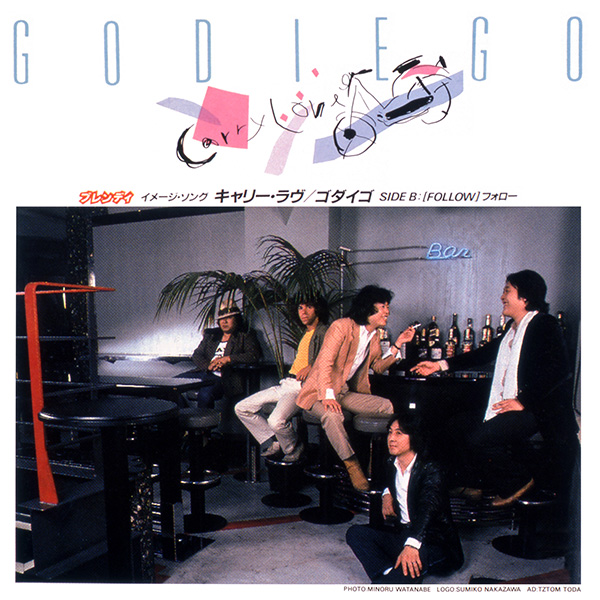 キャリー・ラヴ
キャリー・ラヴ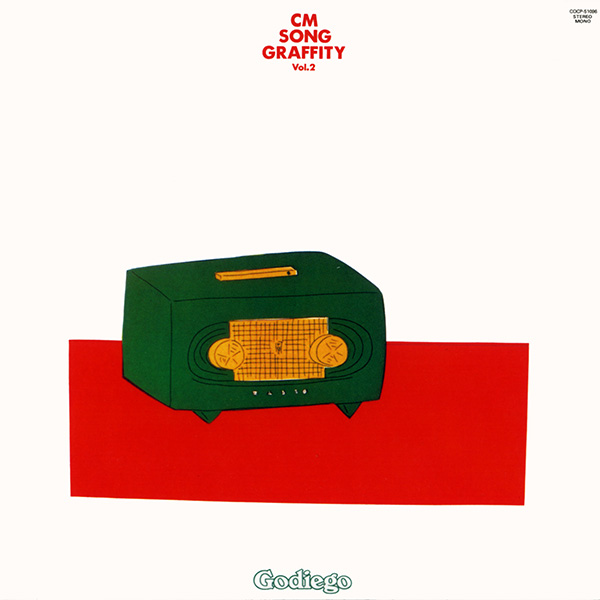 CMソング・グラフィティ VOL.2
CMソング・グラフィティ VOL.2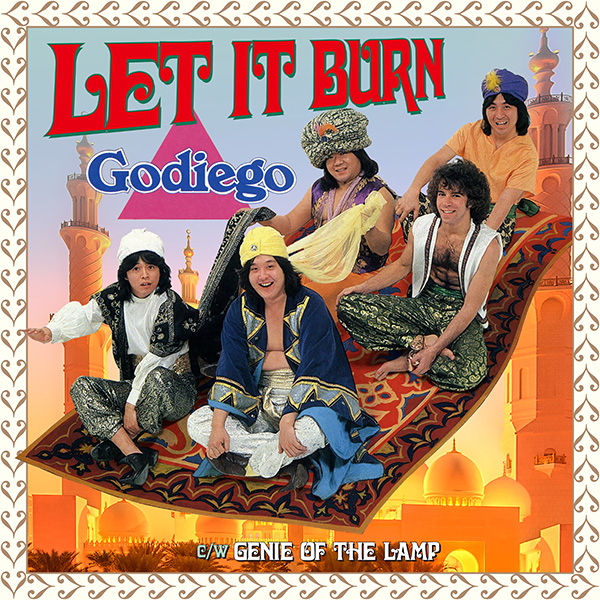 魔法のあかり
魔法のあかり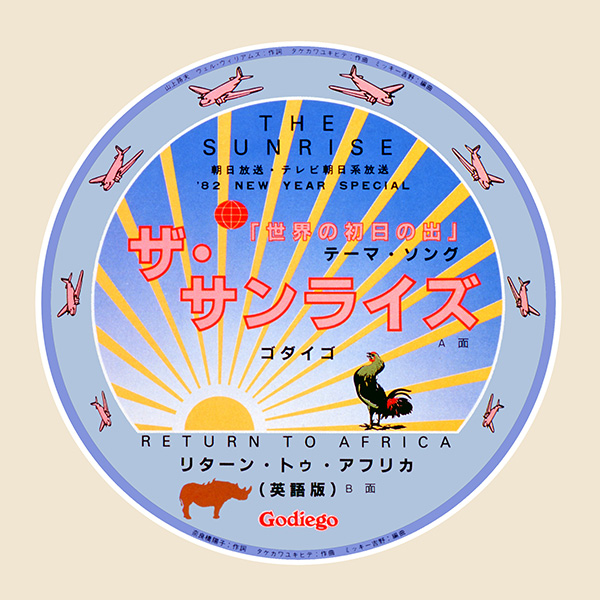 ザ・サンライズ
ザ・サンライズ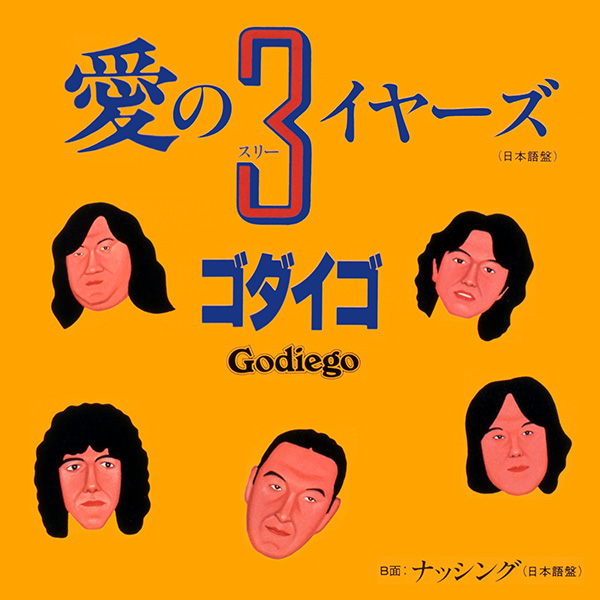 愛の3イヤーズ
愛の3イヤーズ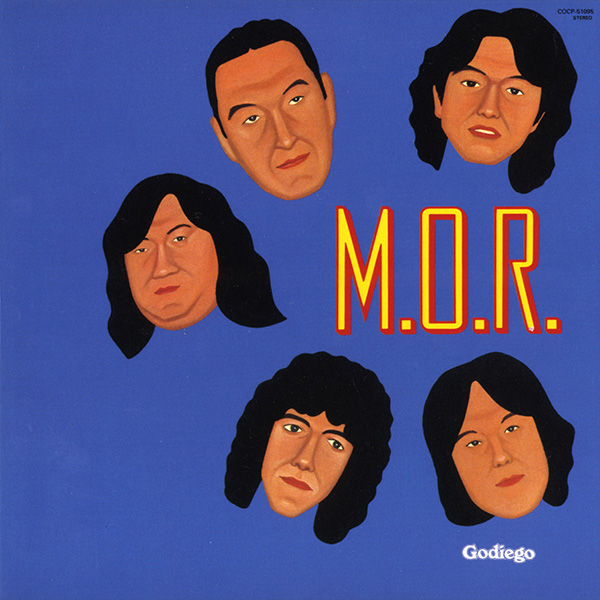 M.O.R.
M.O.R.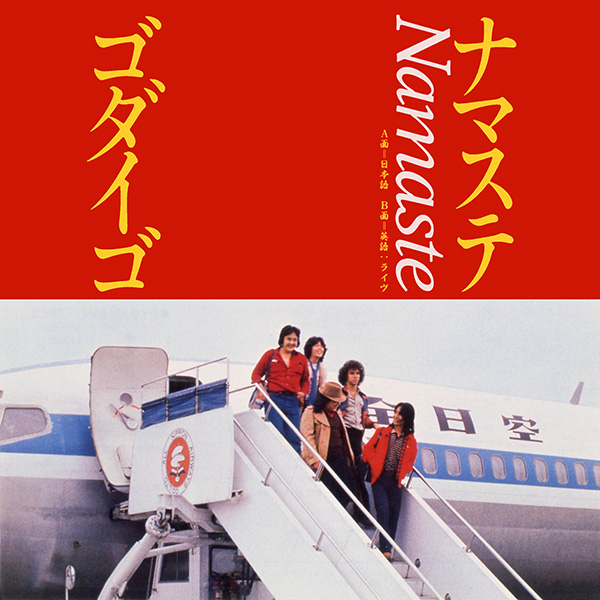 ナマステ
ナマステ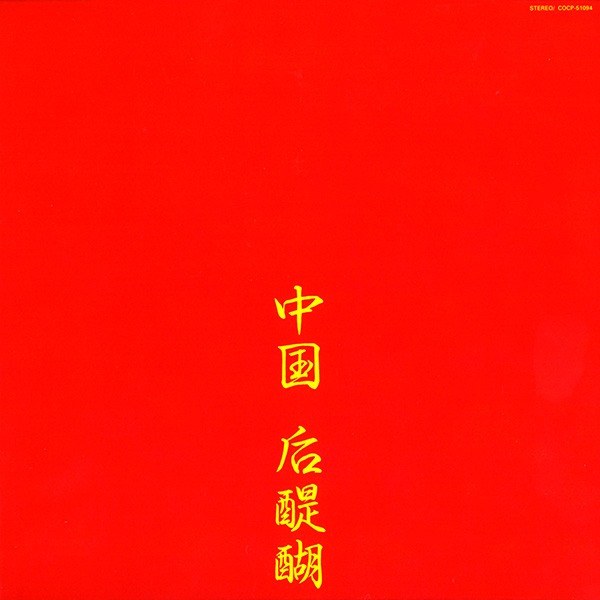 中国 后醍醐
中国 后醍醐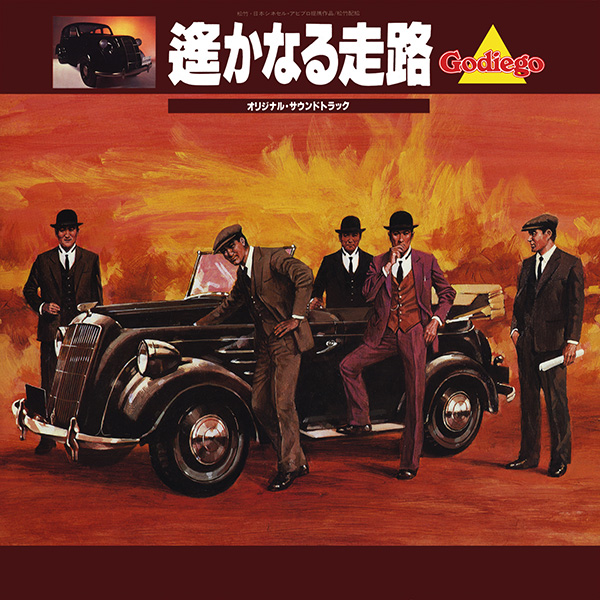 遥かなる走路
遥かなる走路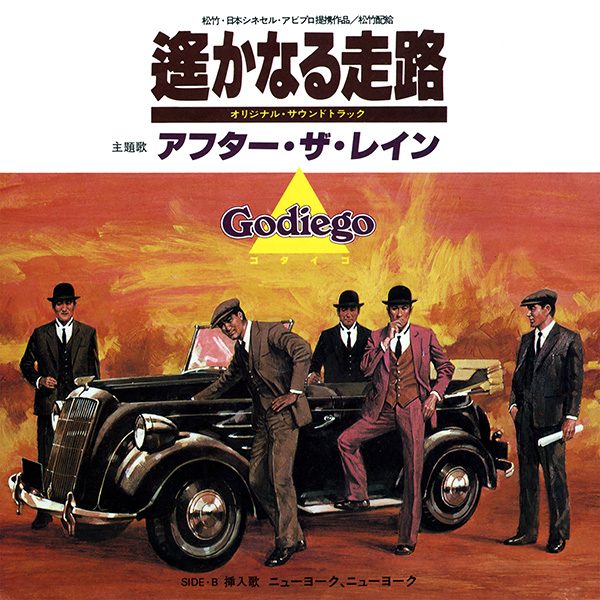 アフター・ザ・レイン
アフター・ザ・レイン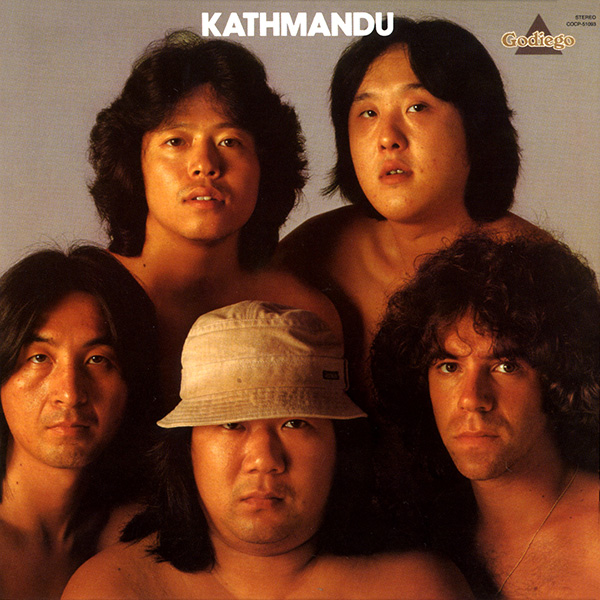 カトマンドゥー
カトマンドゥー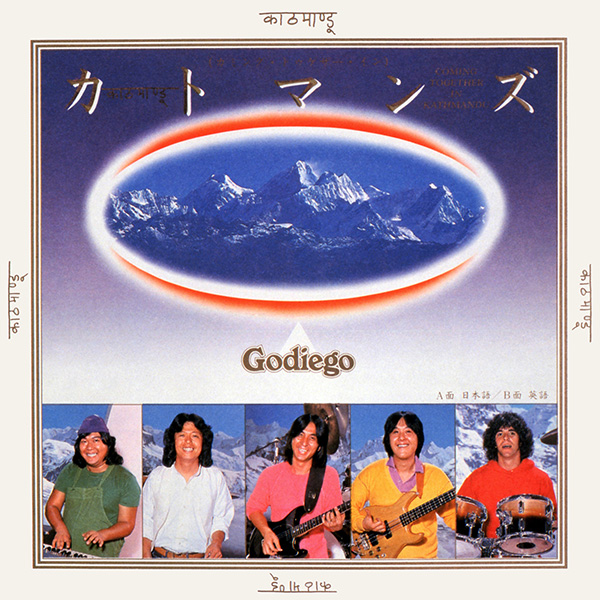 (カミング・トゥゲザー・イン) カトマンズ
(カミング・トゥゲザー・イン) カトマンズ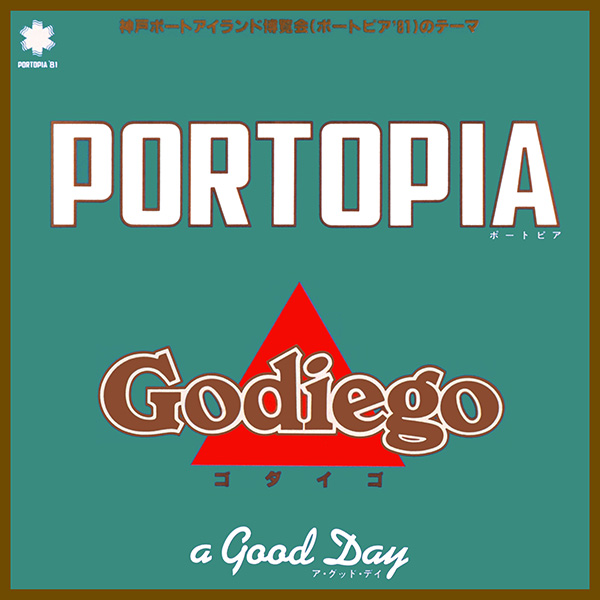 ポートピア
ポートピア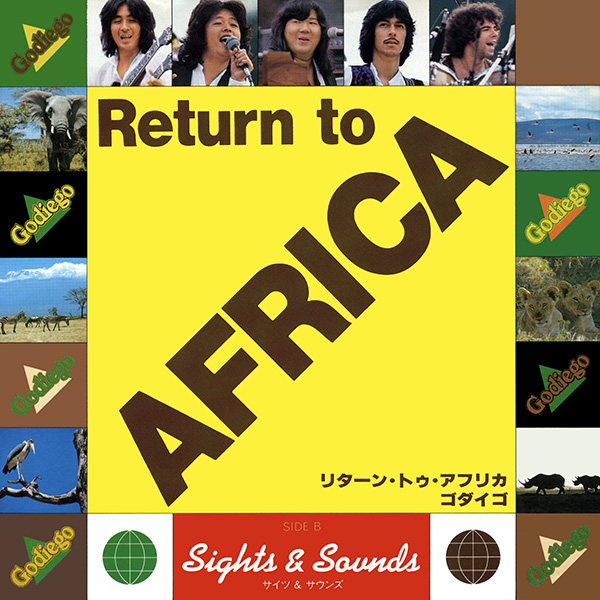 リターン・トゥ・アフリカ
リターン・トゥ・アフリカ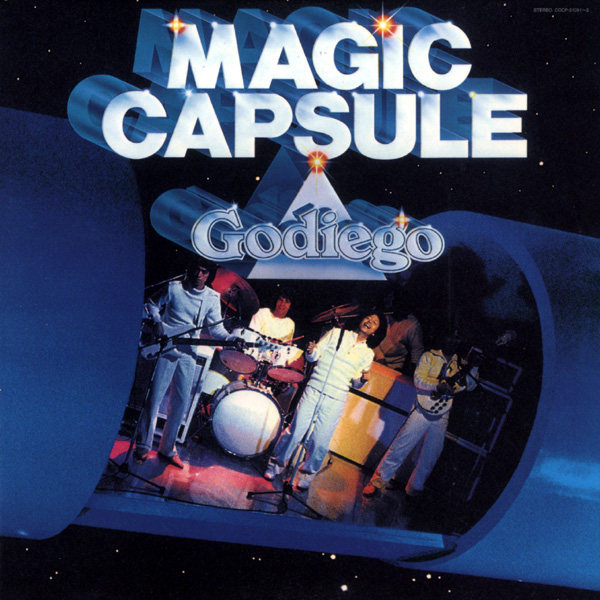 組曲 "新創世紀" (LIVE 1979)
組曲 "新創世紀" (LIVE 1979)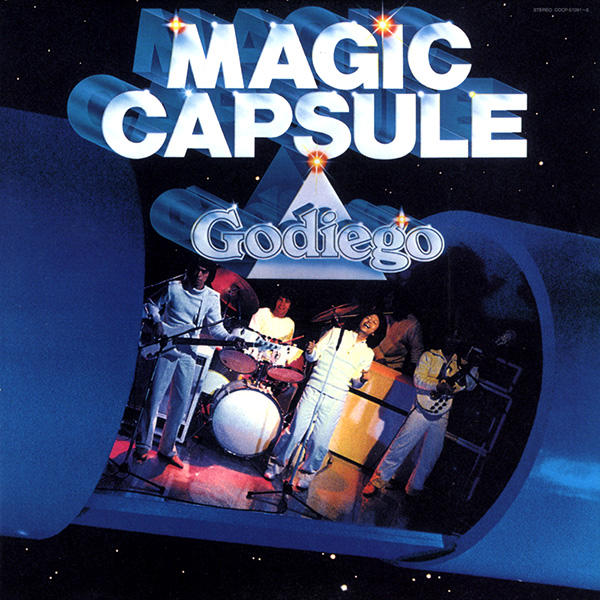 MAGIC CAPSULE
MAGIC CAPSULE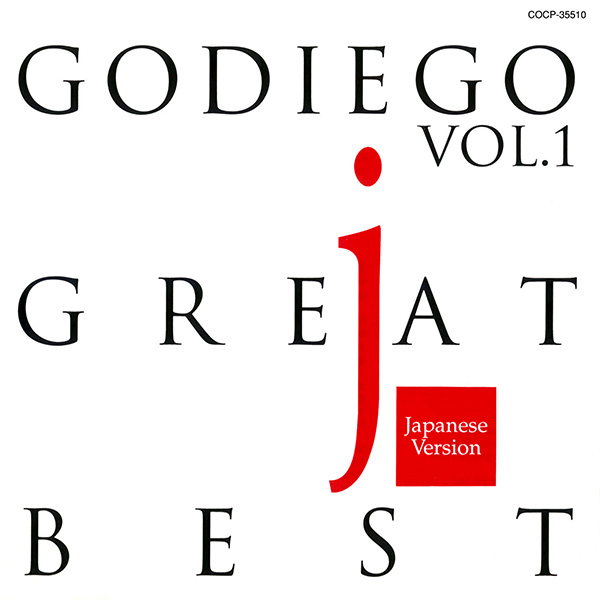 ホーリー&ブライト
ホーリー&ブライト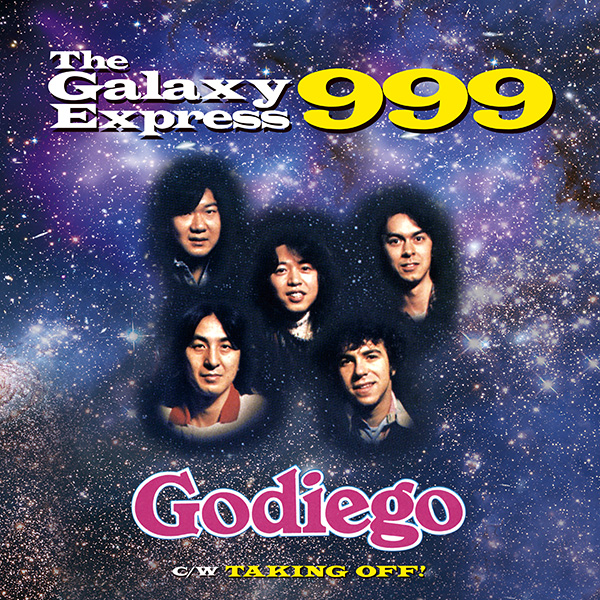 銀河鉄道999
銀河鉄道999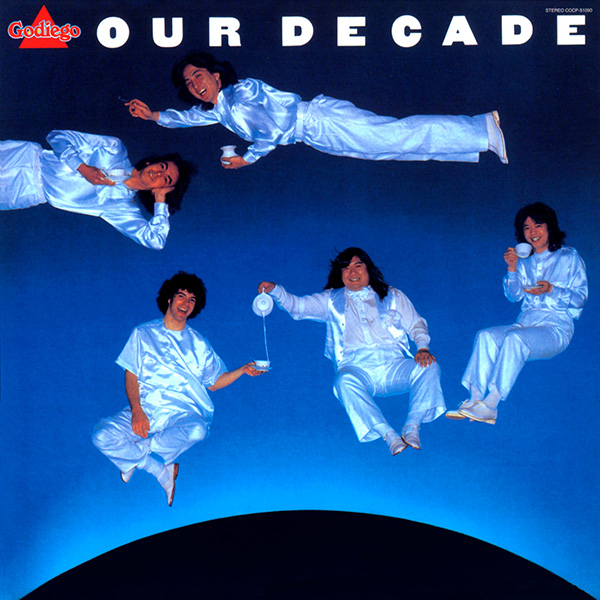 OUR DECADE
OUR DECADE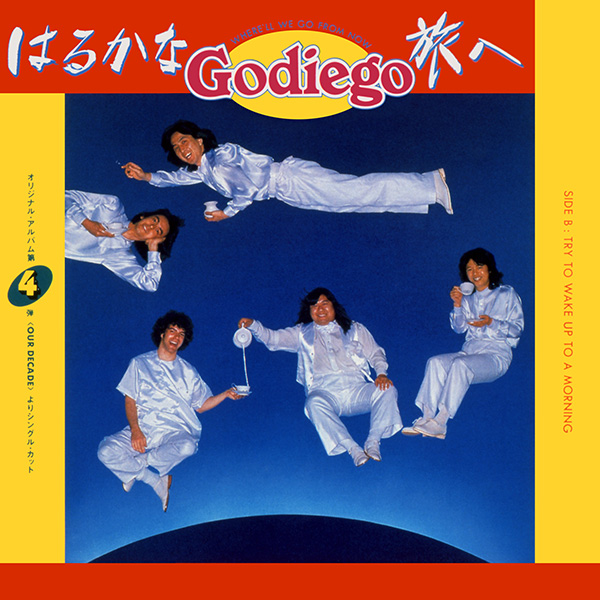 はるかな旅へ
はるかな旅へ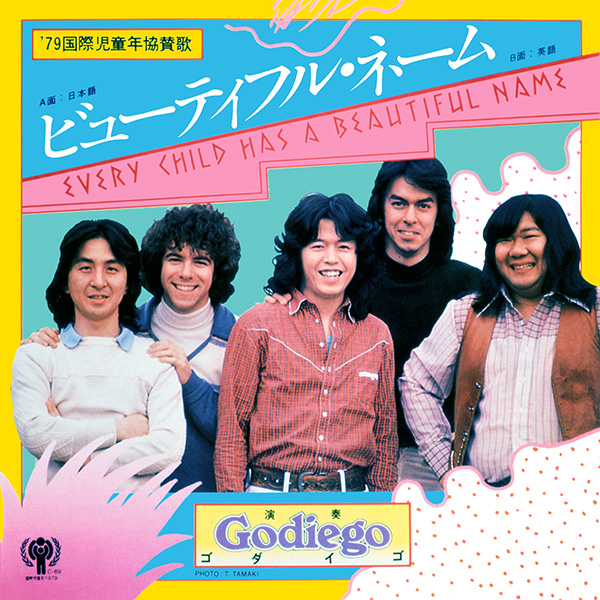 ビューティフル・ネーム
ビューティフル・ネーム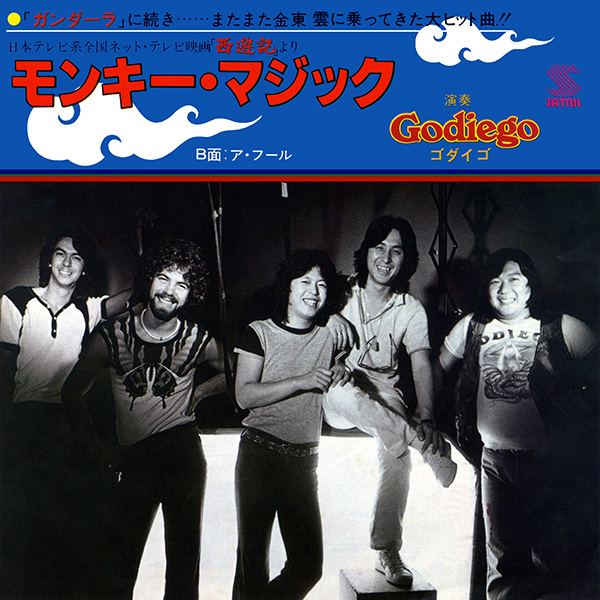 モンキー・マジック
モンキー・マジック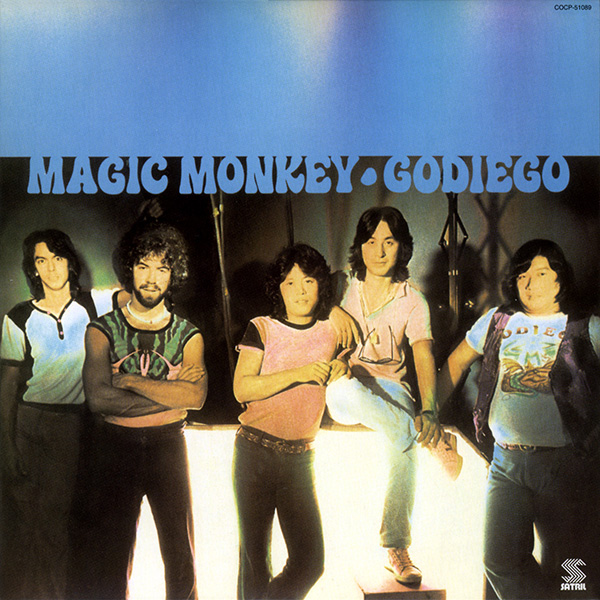 西遊記
西遊記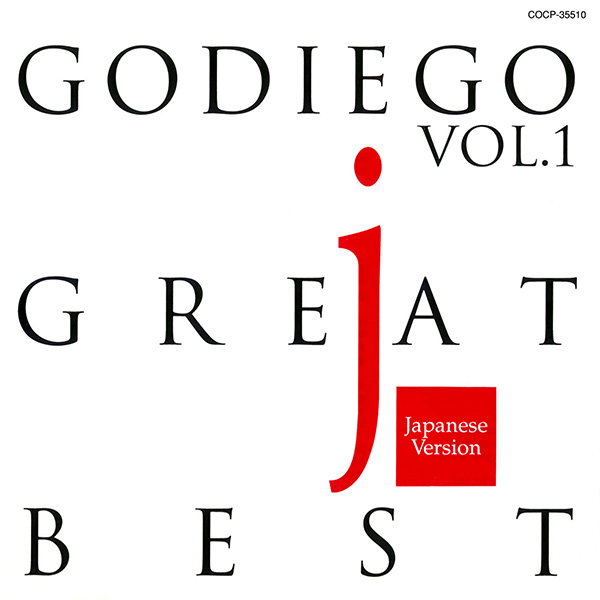 ガンダーラ
ガンダーラ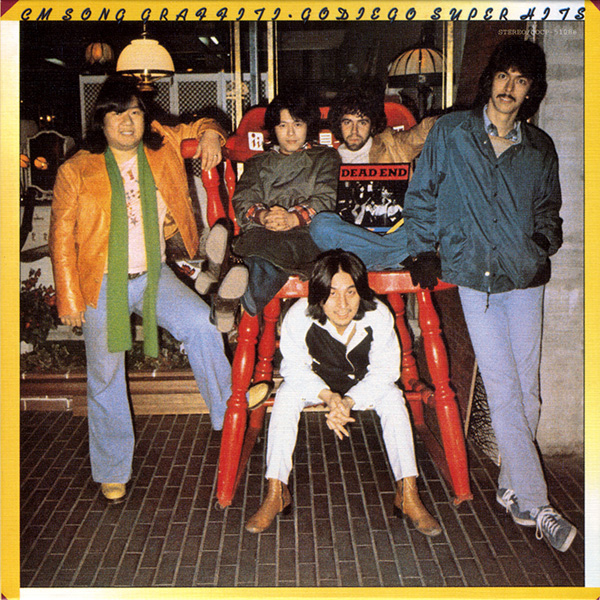 CMソング・グラフィティ/ゴダイゴ・スーパー・ヒッツ
CMソング・グラフィティ/ゴダイゴ・スーパー・ヒッツ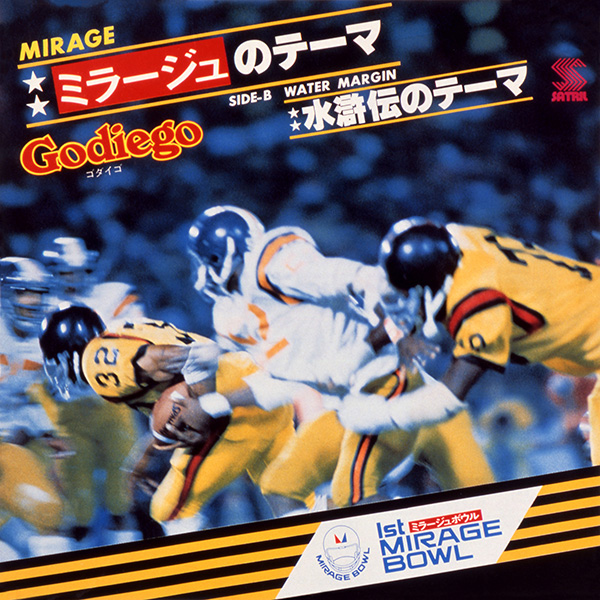 ミラージュのテーマ
ミラージュのテーマ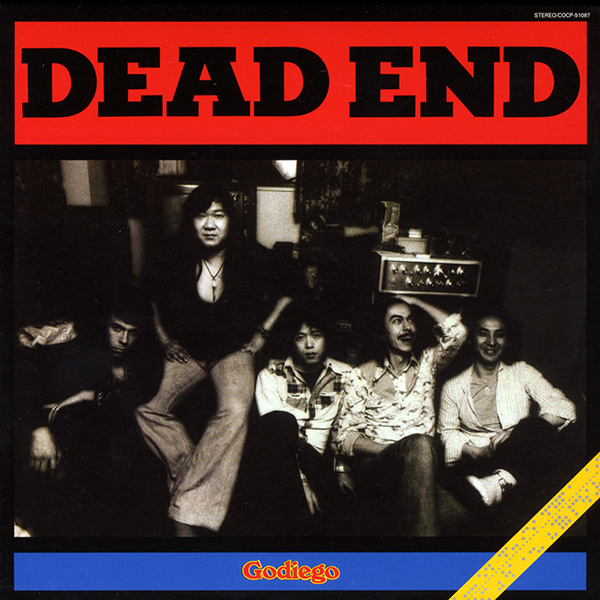 DEAD END
DEAD END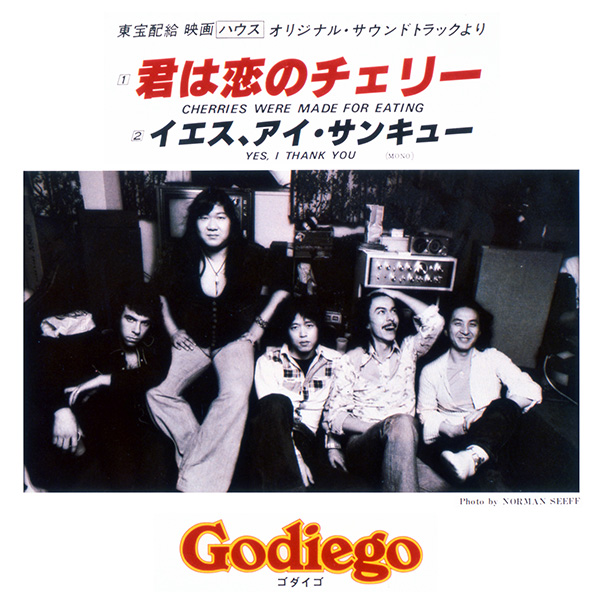 君は恋のチェリー
君は恋のチェリー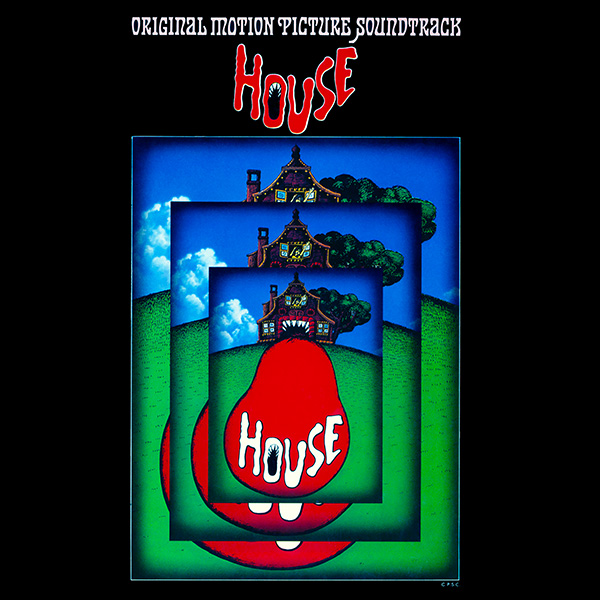 ハウス
ハウス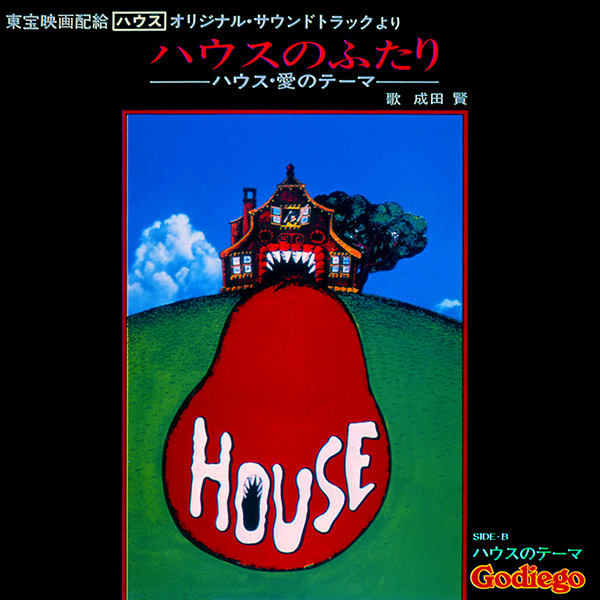 ハウスのふたり
ハウスのふたり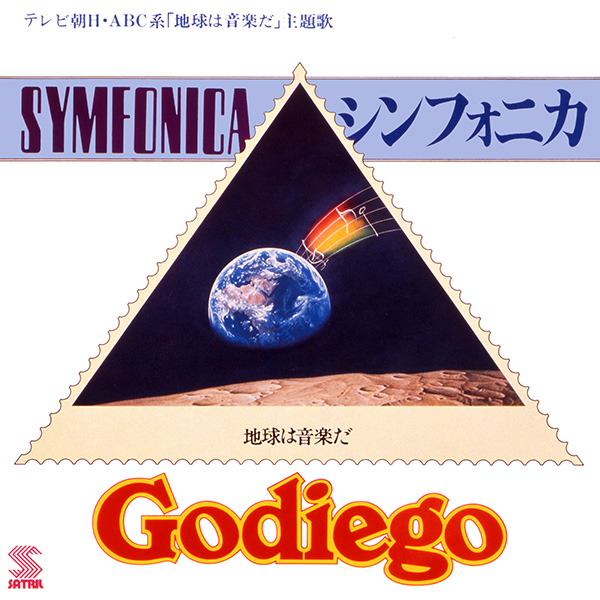 シンフォニカ
シンフォニカ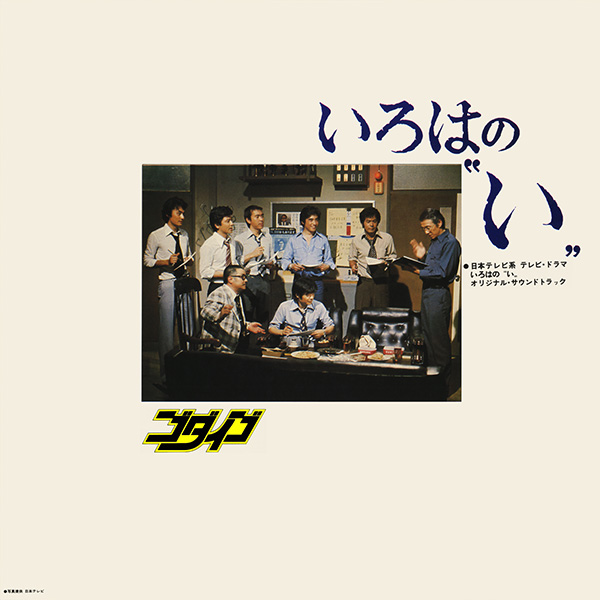 いろはの“い”
いろはの“い”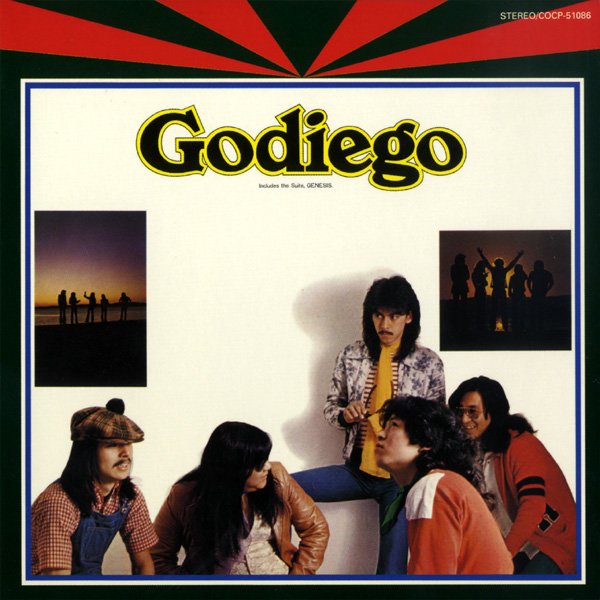 組曲 "新創世紀"
組曲 "新創世紀"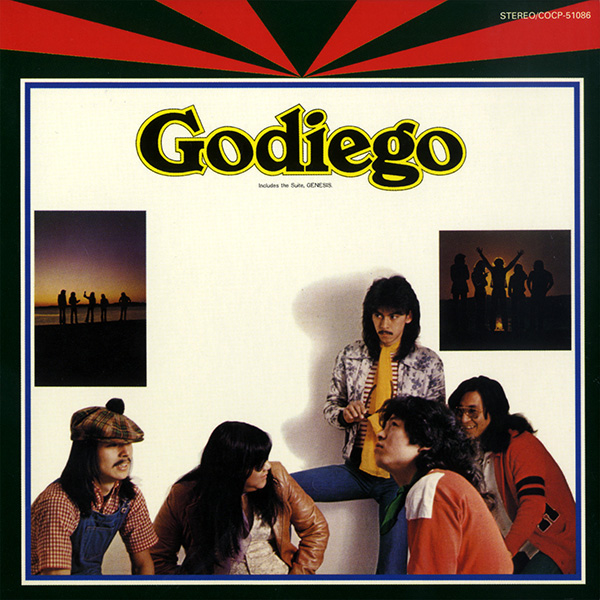 新創世紀
新創世紀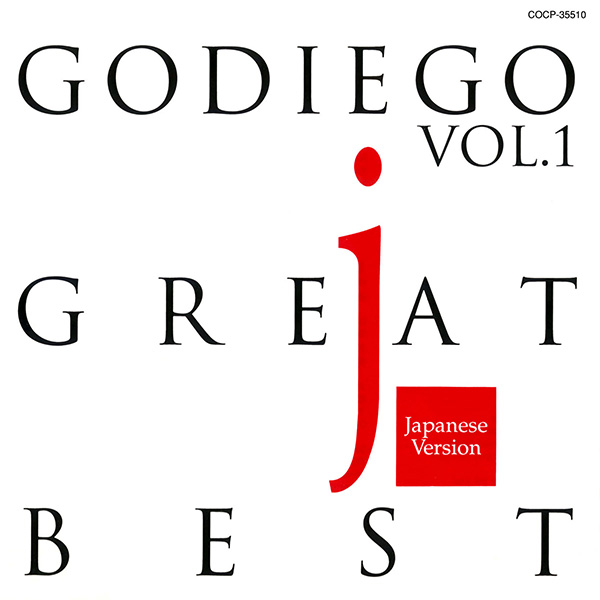 僕のサラダガール
僕のサラダガール
